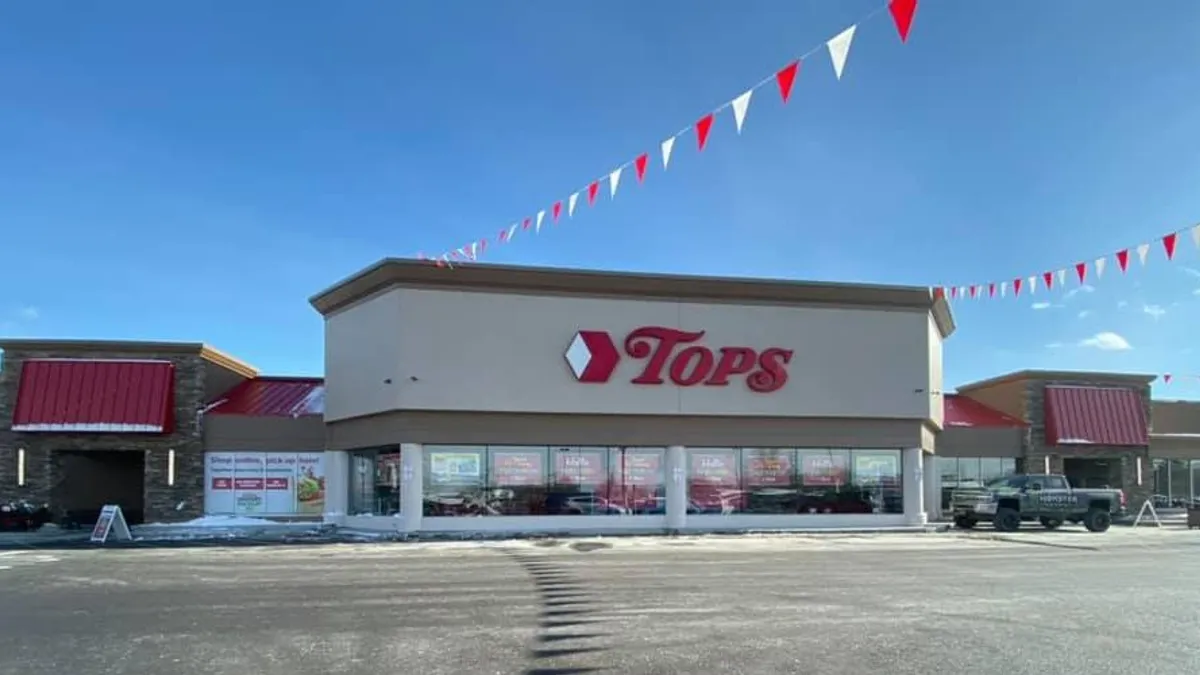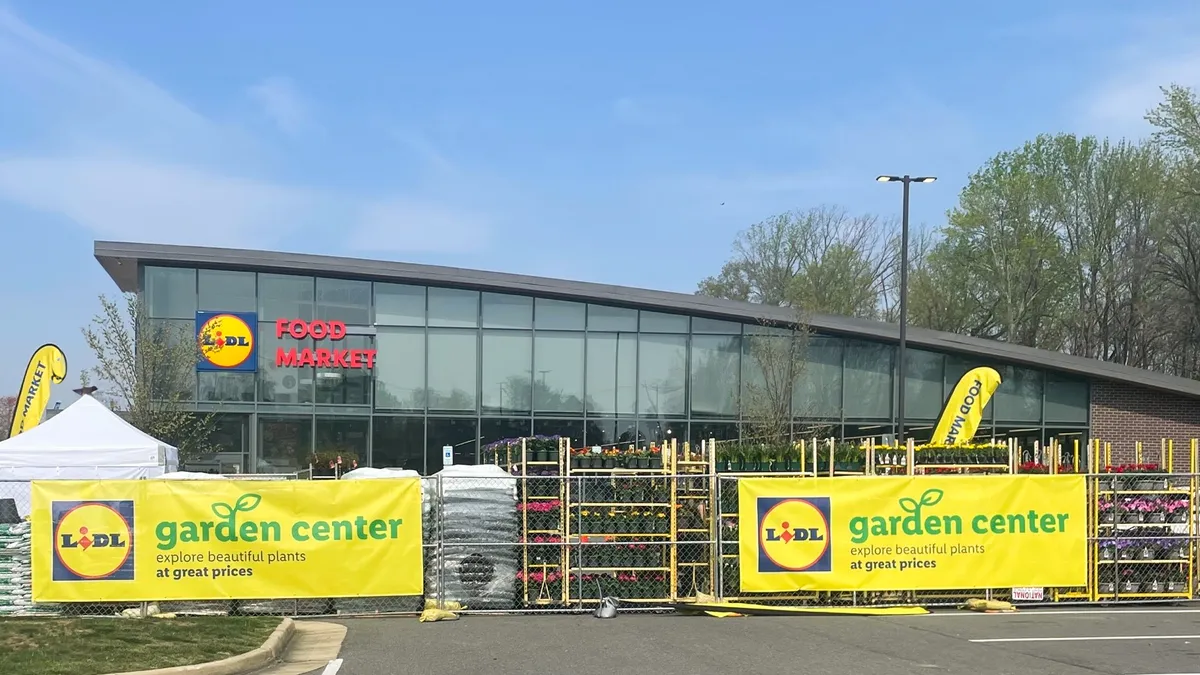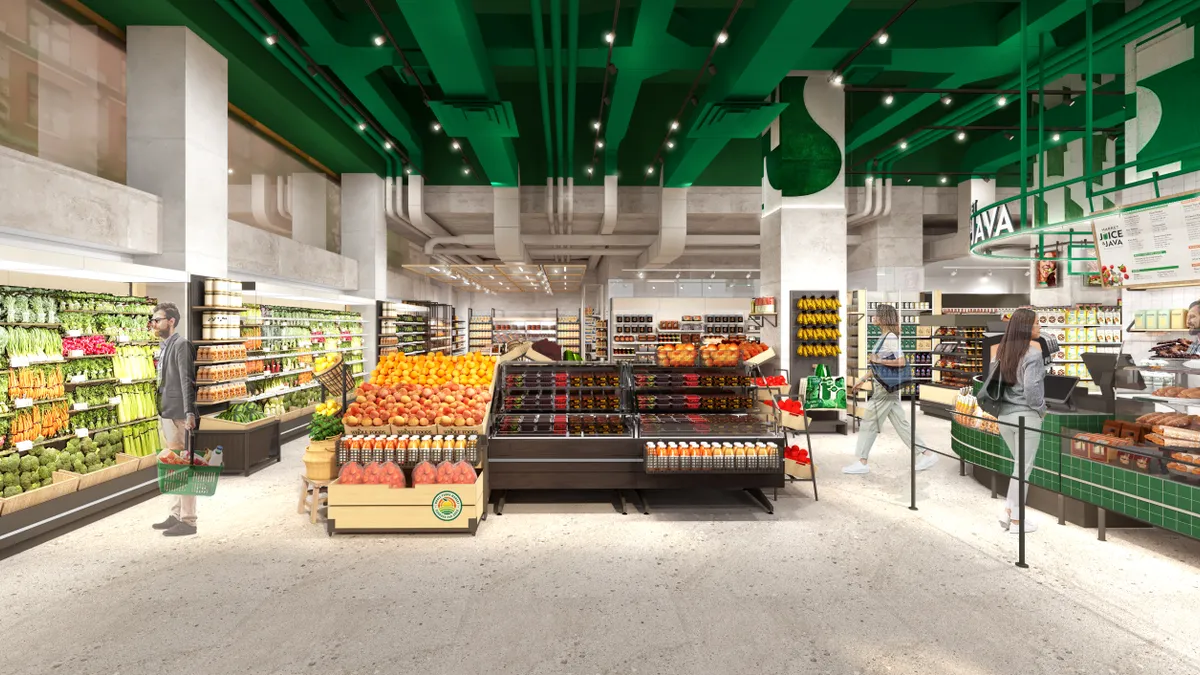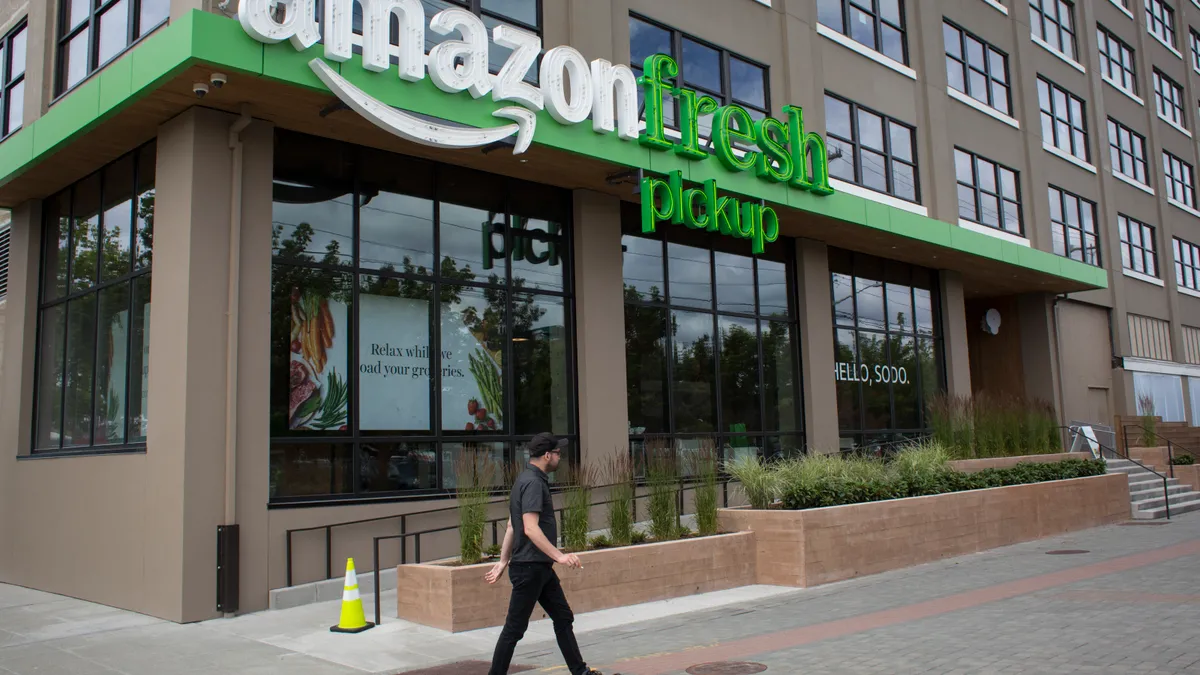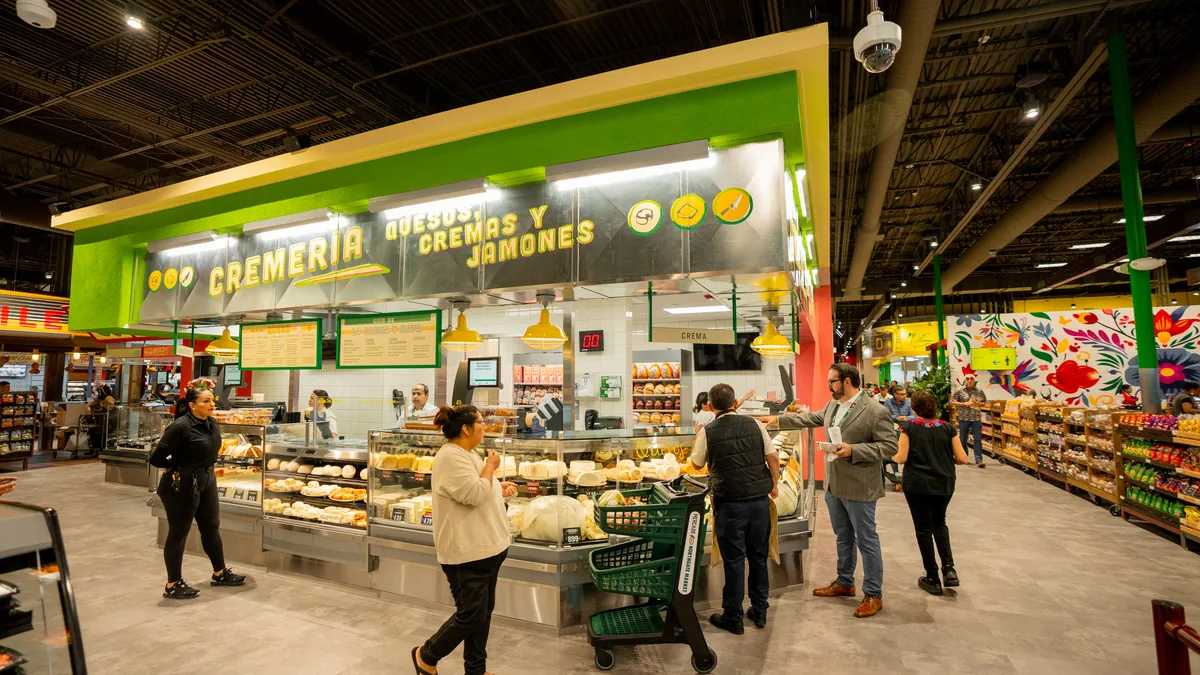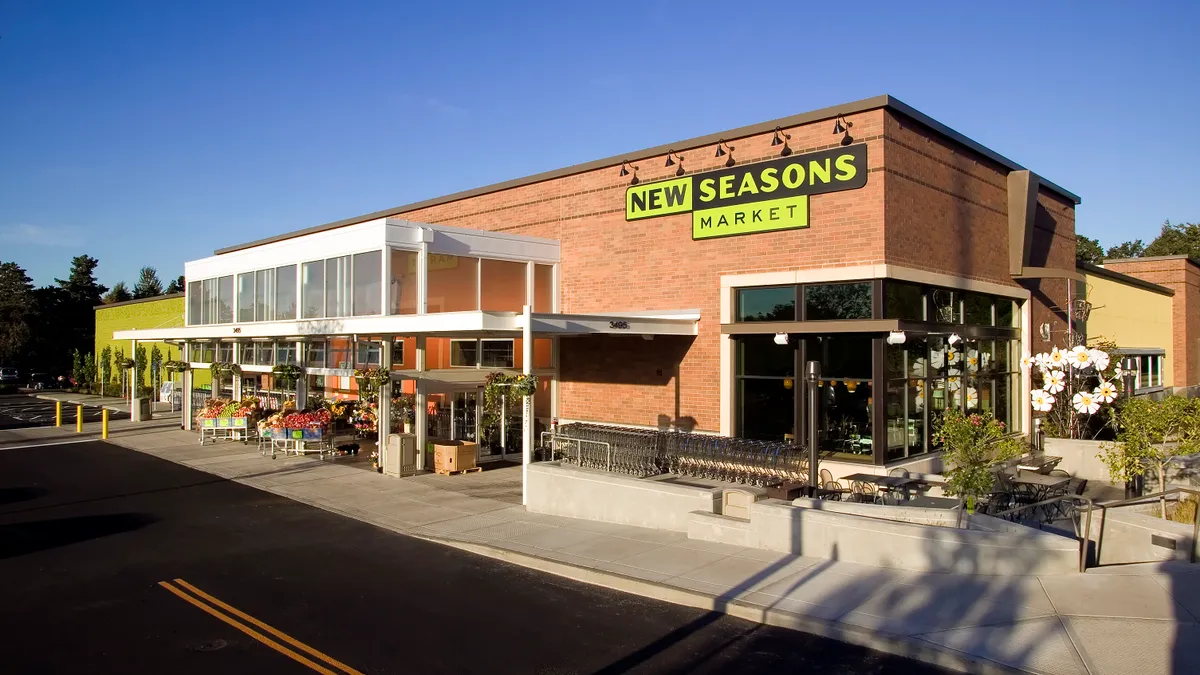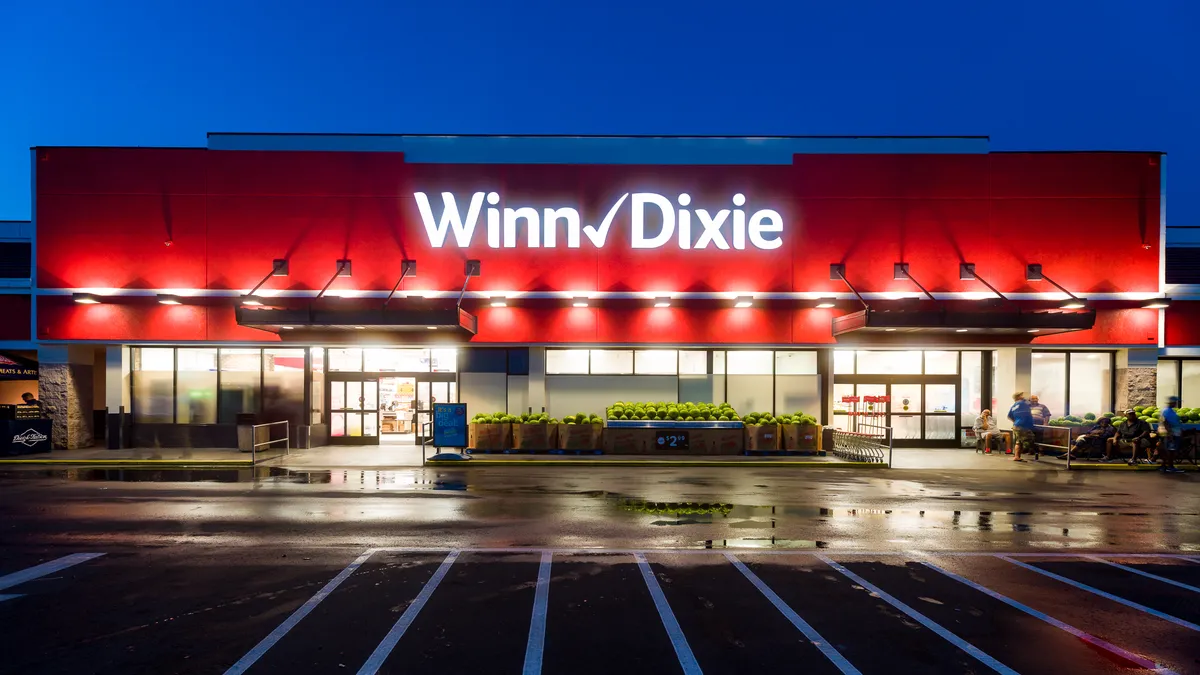After an explosive start that saw pioneers like Blue Apron and Plated transform from scrappy startups into multimillion-dollar companies with sophisticated supply chains and legions of regular customers, meal kit companies have hit a wall.
While the industry rakes in an estimated $1.5 billion annually and has grown sales 25% over the past few years, the cost of customer acquisition can run as high as $80 per person, according to research firm Morningstar. Case in point: Blue Apron, which went public earlier this year after growing its sales to more than $800 million, has struggled with high marketing costs and declining customer spending. After slashing its initial offering price due to investor concerns, Blue Apron's stock has plummeted nearly 50% since its IPO in late June.
Also expensive are the overhead costs — including the purchasing, processing and shipping of so many pre-portioned fresh ingredients. And then there’s the glut of competitors out there, with more than 150 entering — and in many cases, quickly exiting — the market over the past few years.
“There are too many players out there, and many of them don’t make money,” Maria Steingoltz, managing director with L.E.K Consulting, told Food Dive.
With grocers like Amazon currently testing its own meal kits, and Albertsons — which recently bought meal kit company Plated for an estimated $200 million — ramping up its supply, meal kit companies are under pressure to deliver. Can they reform their model or find some other path to profitability?
Dishing out innovation
Simply offering fresh, gourmet ingredients and easy recipes no longer cuts it in the hyper-competitive meal kit industry. Standing out from the crowd is a must, and these days companies are staking out differentiated positions by linking up with celebrities, specialty diets, unique cuisines and more.
Martha & Marley Spoon has the star power of Martha Stewart behind it, while Fresh By Transform offers meals developed by Chris and Heidi Powell, the trainers behind the TV show “Extreme Weight Loss.” Peachdish serves up Southern cuisine; Green Chef specializes in seasonal, organic-only ingredients; and Diet To Go targets consumers interested in losing weight.
Andy Levitt, CEO of vegan meal kit company Purple Carrot, said steep customer acquisition spending and poor overall loyalty have made it difficult for companies to stand out in the marketplace.
“As more and more companies jumped in, many raised a lot of money from [venture capitalists] and used some of those proceeds to offer deep discounts to customers in the hopes of winning people over as long-term subscribers,” Levitt wrote in an email to Food Dive. “But with an undifferentiated product, and zero switching costs for consumers, that model hasn’t worked very well to create a sustainable operation."
Successful meal kit companies, Levitt believes, offer something unique that can bring customer churn levels down. Earlier this year, Purple Carrot introduced a line of plant-based meal kits it developed with New England Patriots quarterback Tom Brady.
“We play at the intersection of two very hot trends: plant-based foods and meal kits,” Levitt said. “So we like where we are positioned.”
Meal kit companies are also responding to some of the hangups consumers have with the model, like excess packaging and lengthy prep time. Gobble, which launched nationwide earlier this year, advertises three-step meals that use pre-chopped ingredients and take less than fifteen minutes to prepare. Terra's Kitchen, a Baltimore-based meal kit company, ships orders in reusable plastic boxes that can be sent back to the company.
Some in the industry believe the meal kit model needs to evolve to offer additional products and services. Terra’s Kitchen, which began operating last year, has added more than 60 grocery products to go along with its traditional kit offerings, said CEO Mike McDevitt. These include cold brew coffee, yogurt and bottled juices aimed at customers who also want something for breakfast.
The expansion into grocery boosted average customer spending, McDevitt said. It's gone from $75 per week when the company first launched to $100 currently.
“While we may have begun as a meal kit company, we are very quickly seeing that the real opportunity seems to lie with an overall e-comm grocery company,” he told Food Dive.
Cooking up deals
Others believe it takes more than a clever idea to succeed in the meal kit space. It’s also going to take scale and resources, meaning industry consolidation could be on the horizon.
“In our view, only a handful of players will amass the scale necessary to bring costs down enough to make the business models more sustainable over a longer horizon,” research firm Morningstar stated in a recent report.
“There are too many players out there, and many of them don’t make money.”

Maria Steingoltz
managing director, L.E.K Consulting
Rob Wilson, managing director at L.E.K Consulting, noted that the number of competitors in the meal kit market has most likely peaked. In a report he authored with Steingoltz, the two compared the market to the daily deals industry that emerged several years ago, which consolidated to Groupon and LivingSocial.
Likewise, the researchers believe the meal kit market will eventually winnow down to two or three main players.
Intensifying the pressure to consolidate is the decline in capital funding going to meal kits. Turned off by mounting competition and the industry’s challenging economics, investors funneled just $100 million into meal kit ventures last year — after spending $450 million the year prior, according to L.E.K.
“Anytime you have an industry that’s fragmented and where players aren’t making any money, there’s going to be consolidation,” Wilson told Food Dive. “You can only burn through cash at the levels these companies have been burning through cash for so long.”
Meal kit players, meanwhile, say they’re focused on reining in costs as much as possible. McDevitt noted that Terra’s Kitchen uses facilities operated by produce company Calavo Growers to assemble its meal kits. The move saves on overhead costs, and allows McDevitt and his team to “focus on what we do best,” he said.
McDevitt said he’s also paid attention to bringing marketing costs down. He noted that a big part of customer acquisition costs involve educating consumers on the concept of meal kits, and said those costs should decline as people become more familiar with the model.
Others point to the limitations of social media marketing, which has become the main customer acquisition tool for companies across the industry.
“There’s only so much money you can spend on Facebook,” Josh Hix, CEO of Plated, told Food Dive. “As crazy as that may sound because Facebook is so huge, there’s only so much money you can spend efficiently."
Grocery stores enter the fray
Plated is the company whose business changed overnight when Albertsons acquired it late last month. The deal, reputed to be in the neighborhood of $200 million, will eventually put Plated’s meal kits on shelves at all of Albertsons' banners — including Jewel-Osco, United Supermarkets and Safeway. All together, Albertsons serves 35 million customers. The meal kit industry as a whole currently serves a fraction of that number.
Hix declined to specify how the store rollout will progress, except to say shoppers “are going to see us in at least some stores by the end of the year, and probably on the sooner side of that.” He said the online side of Plated’s business will remain intact, but noted the company could develop new meal kits for its retail audience.
“Maybe [consumers] want faster meals because they’re picking them up on the way home. Maybe it’s longer format dinner party kits they want to use on a Friday night with friends coming over,” he said. “We need to spend time more time with customers and figure all that out so we’re not just cloning what we’ve done online and hoping it’s what [retail] consumers want.”
“As crazy as that may sound because Facebook is so huge, there’s only so much money you can spend efficiently.”

Josh Hix
CEO, Plated
Could more grocery acquisitions be on the horizon for meal kit suppliers? Company representatives told Food Dive they’ve been in talks with various retailers, indicating a high level of interest. According to a recent Harris poll, more than a third of consumers said they would purchase a meal kit if it were available at their local store.
For meal kit companies, partnerships with retail chains have the advantage of increased visibility.
“Now we can get in front of customers in an environment that they know and trust and tell our story there, rather than just spending our brains out on Facebook,” Hix said.
But the promotional advantages may not be attractive enough. Last fall, Whole Foods placed Purple Carrot meal kits in select Northeast region stores as part of a trial run that lasted four months. The Boston-based meal kit company provided a rotating selection of meals that appeared in the produce and prepared foods departments. Staffers promoted the selection by offering demos and samples. Levitt said the experience was a positive one, but that Purple Carrot ultimately decided to shift its resources to the Tom Brady endorsed meal kits.
In these deals, grocers stand to gain valuable consumer data and technology. However, merchandising the kits and sourcing them to meet store demand present new challenges for retailers. Because meal kit companies are used to filling orders as they come in, they may also struggle with shrink and demand forecasting as they put products on shelves, noted Neil Stern, senior partner with McMillan Doolittle.
Grocers may see more value in developing their own meal kits or simply partnering with companies rather than buying them outright. Kroger offers its own Prep + Pared line, which it recently expanded to 25 Ralphs stores in California. Publix offers kits through its Aprons brand. Meanwhile, reports this month noted that Walmart is planning to offer a collection of meal kit brands through its website in December.
Deal options abound for meal kit companies, including manufacturer partnerships and acquisitions. In August, Chef’d raised $25 million from meat producer Smithfield and $10 million from Campbell Soup. Sun Basket received a $9 million investment from Unilever in May. Around the same time Amazon announced its intent to buy Whole Foods, Nestlé purchased a minority interest in Freshly, a provider of direct-to-consumer ready meals, for $77 million.
From deals to line extensions and rethinking the meal kit model altogether, companies are keen on evolving the concept in all sorts of ways. But will all this change deliver the profits kit providers so desperately seek? Consolidation should produce results, sources said. But some believe companies are taking their eye off the ball in expanding into new products and meals.
“I would argue that many meal kit companies are doing too many things," said Hix. "The existing weeknight dinner — that customer experience isn’t done yet. There still isn’t enough to choose from. There are people who want more paleo or more vegetarian recipes. People tell us we need more one pot recipes or dinner party recipes. The product isn’t done, and a lot of meal kit companies are off doing whole new things. We believe you need to finish what you started."









